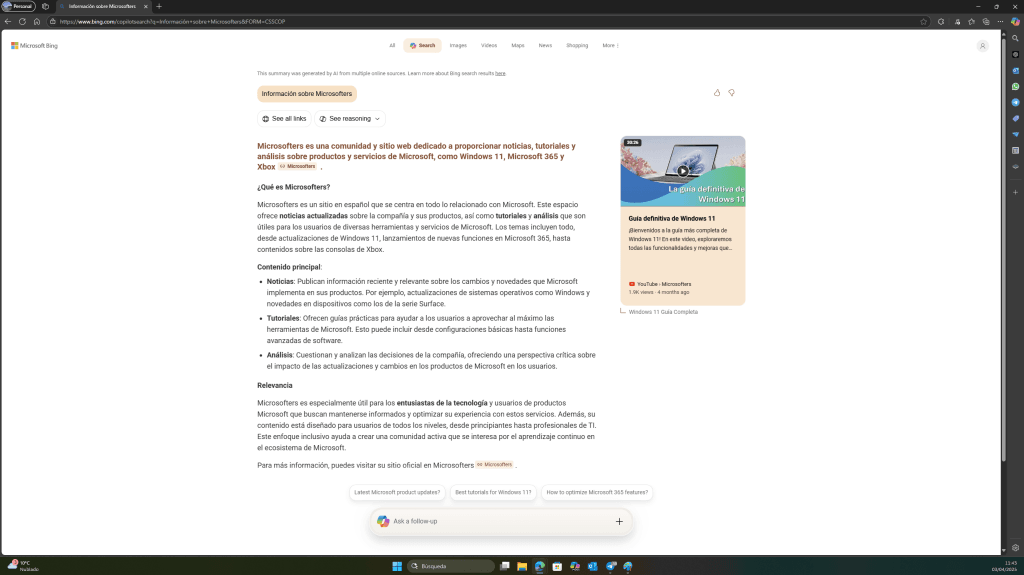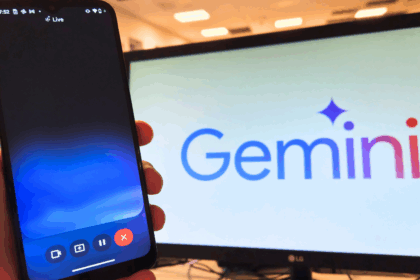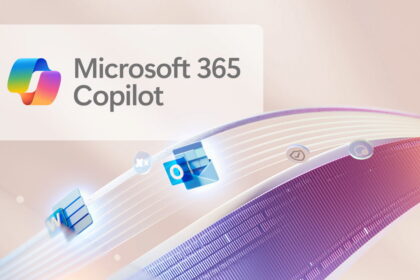Microsoft has recently introduced Bing Copilot Search, a groundbreaking feature that integrates advanced artificial intelligence (AI) directly into its Bing search engine. Internally dubbed as the “future of search,” this new tool is designed to deliver more accurate, intelligent, and context-aware responses to users’ queries.
By combining AI with traditional search, Bing Copilot aims to go beyond simple keyword matching, offering nuanced answers that better understand user intent—making searches feel more conversational, helpful, and efficient.
What is Bing Copilot Search?
Bing Copilot Search is a new feature that leverages AI models to summarize web content and deliver direct, concise answers to user questions. Unlike traditional search engines that return a long list of links, this tool provides synthesized information right at the top, making it easier for users to access relevant insights without clicking through multiple pages.
Initially rolled out to a limited number of accounts and regions, Microsoft is now gradually expanding access to the general public. To try Bing Copilot Search, users can:
- Visit bing.com/copilotsearch using Microsoft Edge or another supported browser
- Sign in with a Microsoft account (if required)
- Look for the “Copilot” icon or sidebar, which activates the AI-powered experience
- Or select the button “Search” On the main page of Bing
This move reflects Microsoft’s ongoing push to reshape how we interact with search, blending browsing with AI-driven insights more intuitively.

Interface and functionalities
When performing a search on Bing, users will now notice a new “Search” tab marked with the Copilot icon, placed alongside traditional options like “All,” “Images,” “Videos,” and “News.” Clicking this Copilot-powered “Search” button opens a refreshed interface where a reasoning-based AI model delivers a direct answer to the query, accompanied by source links so users can verify the information for themselves.
While Google has rolled out its own AI-powered search experience, it’s currently limited to subscribers in the U.S. In contrast, Bing Copilot Search is freely available worldwide, giving Microsoft a notable edge in accessibility and reach.
The interface is clean and user-friendly, and the responses are impressively detailed. Interestingly, there’s growing speculation that this feature may now operate independently of OpenAI’s ChatGPT models, signaling a possible evolution of Microsoft’s in-house AI capabilities.
Time will tell if this move helps Microsoft gain ground in the AI search space. Still, they’re positioning Bing as more than just a Google alternative—it’s becoming a more intelligent, intuitive search assistant.










